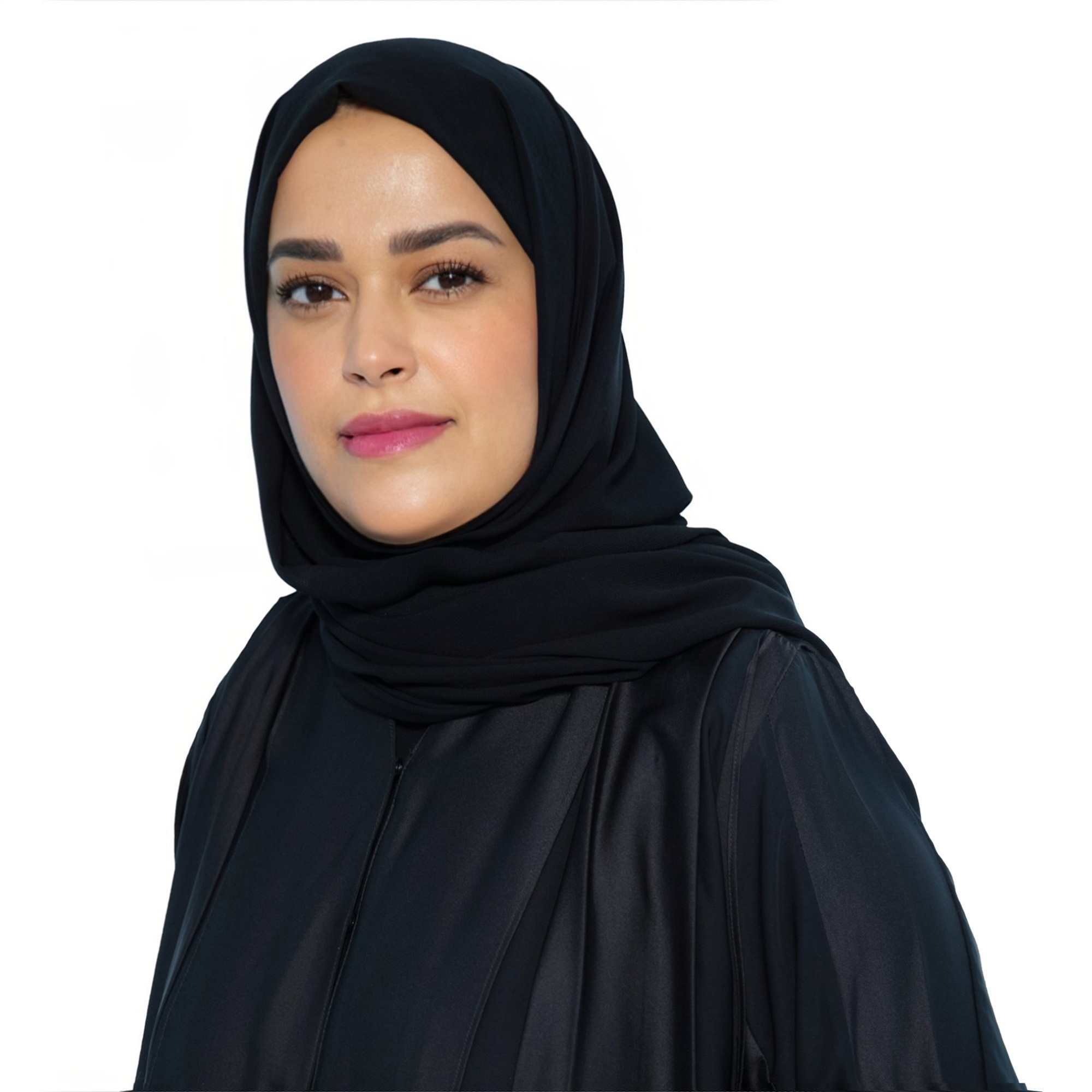The rising cooling demand is a pressing concern for energy planners in the GCC region, contributing to higher natural gas consumption in power generation and reducing export prospects. District cooling is increasingly seen as an alternative to conventional cooling due to its lower energy demand and greenhouse gas emissions. The district cooling capacity has expanded exponentially in the last decade, and regulatory frameworks are emerging across major cities in the Gulf region. The number of state-sponsored and private district cooling providers in the region is increasing, creating a competitive market. District cooling has come a long way in the last two decades, from literally non-existent capacity to one of the world’s largest and most concentrated District Cooling capacities. In the first part of the series, we are exploring how District Cooling has evolved in the last two decades, its role in meeting persistent cooling demand without increasing energy production, and its role in GHG reduction. District Cooling providers are sharing their journey, examining different challenges and barriers, innovative solutions, and milestones explicitly achieved in reducing the overall environmental footprint. Regulators will share their perspectives on how regulatory frameworks have evolved.
Share this
Sector: District energy
Country / Region: Qatar, United Arab Emirates
Tags: decarbonisation, district cooling, district energyIn 1 user collection: C2E2 Webinars
Knowledge Object: eLearning
Published by: Copenhagen Centre on Energy Efficiency
Publishing year: 2023
Content:





